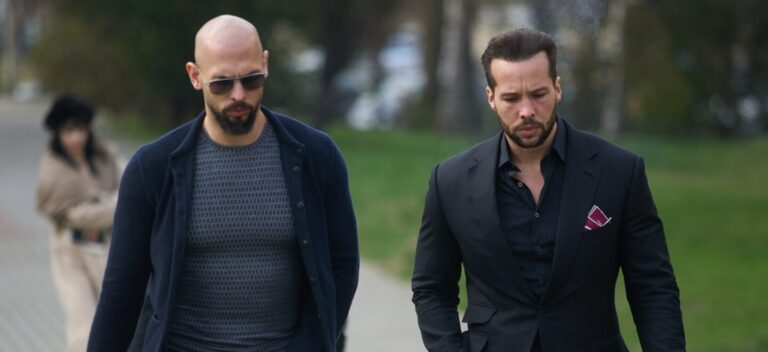Isolation after a serious brain injury
What changes in relationships after a brain injury?
Many people describe changes in their relationships after their brain injury. They may not hear much from friends, former colleagues or family members. Others notice that their phone calls, emails and letters aren’t answered. Some survivors find themselves feeling lonely even when they spend a lot of time with family members or friends.
Social isolation is a common problem after a brain injury. A person’s relationships deteriorate because of the effect of cognitive, behavioural and emotional changes. Friends and family find it hard to accept the ‘new you’. Isolation is harmful and is linked to depression and anxiety.
People describe how much harder it is for them to relate to others, so they find it easier to be alone. They wonder why relationships have drifted with those people who visited them in hospital after the initial injury. They notice that people aren’t contacting them anymore.
Headway’s research shows that more than 70% of brain injury survivors have seen deterioration in their social life following brain injury, with a similar proportion of people feeling that those around them do not understand the effects of their condition.
Brain injury can be isolating for carers too, who can find that the demands of caring mean there is limited time for socialising. Relationships with spouses and partners are put under strain and it is sadly very common for these connections to break down.
Communication Problems
Having difficulty saying words or expressing yourself or understanding what others are saying are common problems after a brain injury. Communication problems can make relating to other people and explaining your thoughts and feelings very difficult. This is often worse in crowded places. These problems can lead to worries about being misunderstood.
Many people feel self-conscious. They may worry about being different or less capable than other people. This can make it harder to spend time with other people or start new relationships. They may be afraid of being hurt or rejected by other people.
Many notice they are more irritable which means they may say or do things they regret later on. Some try to stay away from those they care about for fear that they will behave poorly. Family and friends may also avoid you if they are worried about what you might say or do.
Fatigue and low energy are common problems after brain injury. Survivors may not have the energy to do things they used to enjoy or to spend time with friends and family. Family and friends may also worry about this and make assumptions that you would be unable to take part in an event.
Physical problems often make it harder for people to do things they used to enjoy. You may also have difficulty travelling around. Limitations in your independence make it harder to nurture and build relationships.
Many are not able to work after their injury and have to fight extremely hard for the state benefits that they are eligible for. Worrying about money may make it hard to visit others or do things you enjoy.
People generally make friends through work or being involved in social or recreational activities. After injury, survivors often stop working and may not be involved in sports, church and other activities, so lose their usual social circles. You may lose contact with previous friends and co-workers simply because you don’t see them as much.
Are you unhappy about your relationships after a brain injury?
Having healthy relationships is important to many people. Most people want to feel understood, liked, loved and accepted. It’s important that whilst you may be thinking a lot about how other people treat you, it is just as key to think about how you treat other people.
The way you act towards other people affects the way they treat you. People with brain injuries sometimes do things that hurt their relationships without realising it. Your friends and family also may not know how to act around you and may be worried about this. Help them out by letting them know about your positive and negative feelings and what they can do to help you.
Friendships take energy to maintain, which is difficult when you feel that this is limited. It’s important to contact your family and friends every now and then, even just to say hello. You may have trouble not thinking about your injury and the challenges you face, which makes it hard for you to think about others.
What can help?
It can be difficult to find the support you need, particularly if you don’t have friends or family who can encourage you to seek help and attend appointments. Where you have them available, managing to keep on top of appointments, chasing for results and learning about how to get the best therapies can feel like a full time job to them.
Things are easier if case managers are available to help, but this is not common unless one has been appointed through a compensation claim. Often the most help is provided by the voluntary sector. They can provide advice and access to people who have been through a similar experience. They can provide a safe and understanding place to talk about what is worrying you, in the knowledge that they want to help and if further steps need to be taken, they can point you in the right direction. For example, Headway are a valuable resource for people who have suffered brain injuries, their families and carers. Silverlinings provide very supportive groups of people who have suffered brain injuries and offer many different opportunities to spend time together and have fun and to help others.
It is often easier to talk to someone and start a relationship when you have something in common. It is good to consider new activities or hobbies or to develop an interest that you had before you were injured. You may wish to join a support group, club or team. There may be facilities available through brain injury groups or you may prefer to attend a group that has been set up around a particular community, such as your local neighbourhood or related to your faith. You may want to take part in some volunteer work. Pets are also wonderful companions and can help to deal with loneliness.
The most important part of this is to take one step at a time and to be kind to yourself and others if the first time you try something, it doesn’t work. Not all activities or groups are for everyone and there is only so much you can do. There will be other opportunities and when you have the energy, you can try another.
Our personal support network, whoever this is and however new it may be, is proven to be good for our health and can be a real source of joy.










